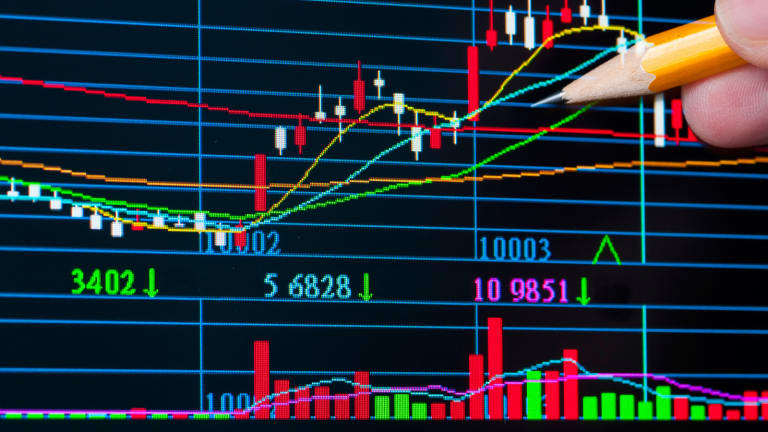The foreign exchange Forex market is one of the most liquid and dynamic financial markets in the world, and its volatility are influenced by a multitude of factors. News and events play a pivotal role in shaping the price movements and overall volatility in the Forex market. This is because currency values are intrinsically tied to the economic and political developments of the countries they represent. First and foremost, economic indicators and news releases have a profound impact on Forex market volatility. Data such as Gross Domestic Product GDP, inflation rates, employment figures, and trade balances can significantly sway market sentiment. When such data is released, it can lead to sudden and sharp movements in currency pairs. Traders closely monitor these indicators, as they provide insights into the overall health and stability of a country’s economy. For example, if a country’s GDP growth exceeds expectations, its currency may appreciate as investors perceive it as a strong and stable economic performer.
Geopolitical events and developments also play a pivotal role in eliteforextrades volatility. Political instability, elections, conflicts, and trade disputes can create an atmosphere of uncertainty that affects exchange rates. For instance, when there are geopolitical tensions between countries, investors may seek safe-haven currencies like the US Dollar, Swiss Franc, or Japanese Yen, causing these currencies to strengthen. Conversely, the currencies of countries directly involved in the geopolitical events may weaken. Central bank policies and interest rate decisions are critical news events that influence Forex market volatility. Central banks set interest rates to control inflation and economic growth. Changes in interest rates can lead to significant market reactions, as they affect the return on investments denominated in a particular currency. For example, when a central bank raises interest rates, it can attract foreign capital seeking higher returns, which can lead to an appreciation of that currency.

Market sentiment and expectations are closely tied to news and events. Traders react not only to the news itself but also to how the news compares to their expectations. If a news release surprises the market by deviating from consensus forecasts, it can lead to rapid price adjustments and increased volatility. Traders often use tools like economic calendars to stay informed about upcoming news and events that may impact the market. In conclusion, news and events are integral to Forex market volatility. Economic indicators, geopolitical events, central bank policies, and market sentiment are all closely connected to the movements of currency pairs. Traders must stay vigilant and responsive to news developments, as they can swiftly impact exchange rates and create trading opportunities. Being aware of these factors and understanding their implications is essential for successful Forex trading and risk management in a market that is perpetually influenced by the world’s economic and political landscape.